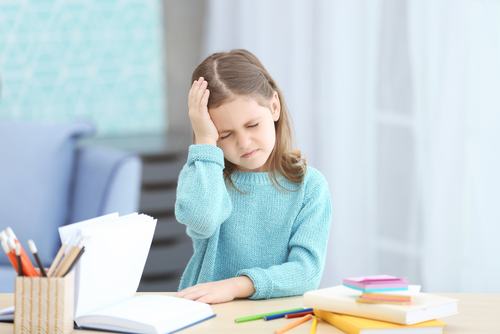 Call us
Call us
South Florida Community,
New York & Connecticut
(305) 936 - 1002
All children experience anxiety; anxiety in children is expected and normal at specific times in development. For example, from approximately age 8 months through the preschool years, healthy youngsters may show intense distress (anxiety) at times of separation from their parents or other persons with whom they are close. Young children may have short-lived fears, (such as fear of the dark, storms, animals, or strangers). If anxieties become severe and begin to interfere with the daily activities of childhood, such as separating from parents, attending school and making friends, parents should consider seeking the evaluation and advice of a child and adolescent psychologist.
One type of anxiety that may need treatment is called separation anxiety. This includes:
- refusing to go to school
- frequent stomachaches and other physical complaints
- extreme worries about sleeping away from home
- overly clingy
- panic or tantrums at times of separation from parents
- trouble sleeping or nightmares
- constant thoughts and fears about safety of self & parents
Another type of anxiety (phobia) is when a child is afraid of specific things such as dogs, insects, or needles and these fears cause significant distress. Some anxious children are afraid to meet or talk to new people. Children with this difficulty may have few friends outside the family. Other children with severe anxiety may have:
- many worries about things before they happen
- repetitive thoughts or actions (obsessions)
- low self-esteem
- fears of embarrassment or making mistakes
- constant worries or concern about school performance, friends, or sports
Anxious children are often overly tense or uptight. Some may seek a lot of reassurance, and their worries may interfere with activities. Because anxious children may also be quiet, compliant and eager to please, their difficulties may be missed. Parents should be alert to the signs of severe anxiety so they can intervene early to prevent complications. It is important not to discount a child’s fears.
If you are concerned that your child has difficulty with anxiety you should consult a professional. Severe anxiety problems in children can be treated. Early treatment can prevent future difficulties, such as, loss of friendships, failure to reach social and academic potential, and feelings of low self-esteem. Treatments may include: individual psychotherapy, family therapy, medications, behavioral treatments, school consultation and SPACE intervention.
Information used with modifications from Facts for Families© information sheets, which are developed, owned and distributed by the American Academy of Child and Adolescent Psychiatry (AACAP).







